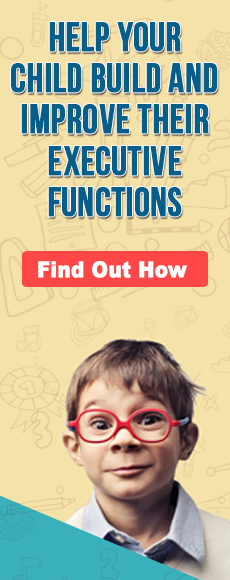
Video games by their very nature demand cognitive flexibility. Your child gets the most out of the flexibility practice they get by using apps and games when you get involved. Talking about and playing video games with your kids not only gives them validation and support, it offers you opportunities to help them reflect on and make connections between the skills they use in the game and the skills they use in the real world. You can help them take that practice to the next level by working on one or more of these activities together.
Learning through trying and failing is a key component of video gaming and a necessary skill for all of your child’s academic pursuits. In real-world situations, children are often more reluctant to learn the directions and expectations of a task by making mistakes and trying out something new than they would be in playing a game. Learning how to cook a favorite meal, learning a musical instrument or taking a new route to school are all valuable opportunities to practice trial and error learning. Make sure you talk to your child about these efforts and experiences and the positive and negative aspects of the process.
Showing your child that you are not afraid of making mistakes and that you can laugh at yourself might allow them to laugh at their own errors. Show that you are able to learn from purposefully messing up. You might go the wrong way to an event or activity, mix up ingredients in a recipe, make a hole in the wall while you are trying to hang a picture, or make an error when trying to complete a crossword puzzle or Sudoku. Play a game like Social Chess together and be vocal about the times you make a move you wish you hadn’t, then explain what you might do to recover. Encourage your child to talk about how they can learn from making mistakes.
Encourage your child to use common household items in different and unusual ways. Ask your child to come up with ten ways to use a fork, book, pen, or piece of clothing and discuss how being flexible and thinking outside the box can help to solve problems. Flexible problem solving means utilizing materials on hand to complete a task. Talk to your child about ways to apply this approach in everyday life.
Gradually and steadily expose a child to new situations, starting with familiar areas in which they already feel somewhat comfortable. For example, help them get over separation anxiety by spending some time away from you with other close family members. Attempting a sleepover at a relative’s house might be a good first step in helping your child enjoy a sleepover at a friend’s house. You can also try introducing your child to group activities such as Scouts, a karate class, or a sports team. An MMORPG like Guild Wars 2 can be a good step toward trying something new and interacting with new people.




